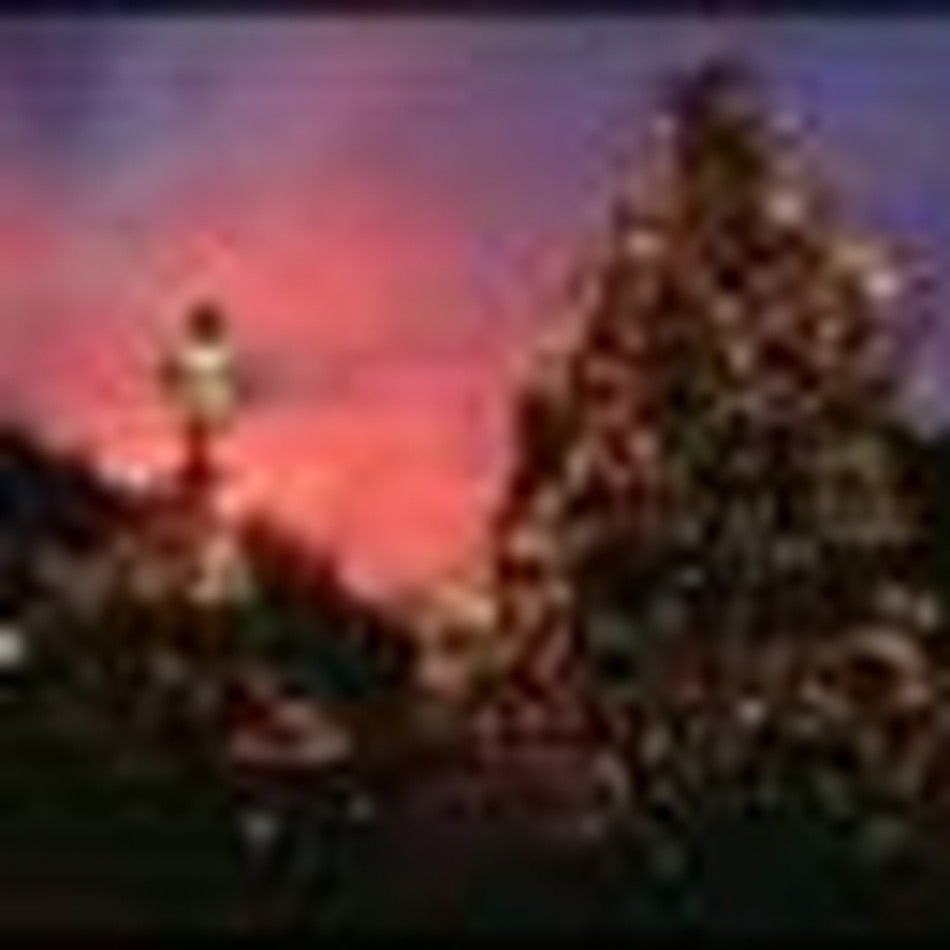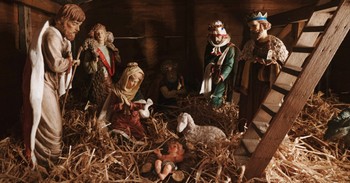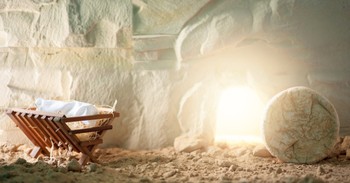Last year I posted a story about the decision by a Wisconsin elementary school to rewrite the lyrics of "Silent Night" to make it acceptable for the "winter program." The unfortunate choice for a new title was "Cold in the Night."
And the new lyrics went something like this:
Cold in the night,
no one in sight,
winter winds whirl and bite,
how I wish I were happy and warm,
safe with my family out of the storm.
That is wrong on so many levels. Why not just have the kids sing "Grandma got run over by a reindeer" and go on home? Some things just shouldn't be done. It is like the old Jim Croce song, "you don't tug on Superman's cape, you don't spit into the wind, you don't pull the mask off the old Lone Ranger, and you don't rewrite Silent Night" (New Revised Version).
Rereading that post brought to mind a legend I had heard all of my life involving the real song "Silent Night" and a wartime Christmas truce. I researched the story and found that it actually happened. Here is a nice Christmas story for your Christmas celebrations to share at Christmas gatherings during this Christmas Season (was that anti-pc sentence a little too obvious?). I would normally post a story like this a little closer to Christmas Day but I just found out there is a movie depicting this event and I thought you might be interested in acquiring or renting it. There are some cautions for parents contained in this review in Christianity Today but the positives seem well worth the investment. I just ordered the DVD and I look forward to viewing it this Christmas. Here is the story that inspired the film.
The year was 1914 and soldiers were having to spend Christmas Eve on the battlefields of France during World War I, the Great War, as it was called. After only four months of fighting, more than a million men had already perished in the bloody conflict. The bodies of dead soldiers were scattered between the trenches. Enemy troops were dug-in so close that they could easily exchange shouts.
On December 24, 1914, in the middle of a freezing battlefield in France, a miracle happened.
The British troops watched in amazement as candle-lit Christmas trees began to appear above the German trenches. The glowing trees soon appeared along the length of the German front.
Henry Williamson, a young soldier with the London Regiment, wrote in his diary: "From the German parapet, a rich baritone voice had begun to sing a song I remembered my German nurse singing to me... The grave and tender voice rose out of the frozen mist. It was all so strange... like being in another world... to which one had come through a nightmare."
Silent Night
Holy Night
A man named John McCutcheon wrote a song about the incident. These lyrics are from his work called "Christmas in the Trenches."
The cannon rested silent, the gas clouds rolled no more,
As Christmas brought us respite from the war...
"They finished their carol and we thought that we ought to retaliate," another British soldier wrote, "So we sang 'The First Noel' and when we finished, they all began clapping. And they struck up 'Oh Tannebaum' and on it went... until we started up 'O Come All Ye Faithful' [and] the Germans immediately joined in.... this was really a most extraordinary thing... two nations both singing the same carol in the middle of a war."
McCutcheon's lyrics continue...
"There's someone coming towards us!" the front-line sentry cried.
All sights were fixed on one lone figure trudging from their side.
His truce flag, like a Christmas star, shone on that plain so bright
As he, bravely, strode unarmed into the night.
It is recorded that enemy soldiers greeted each other in the no man's land that had been a killing zone on December 23rd. The soldiers wished each other Merry Christmas and agreed not to fire their rifles on Christmas Day. The spontaneous cease-fire eventually embraced much of a 500-mile stretch of the Western Front. According to the reports of soldiers at the scene, hundreds of thousands of soldiers celebrated the birth of the Prince of Peace among the bodies of their dead.
Soon one by one on either side walked into No Man's Land.
With neither gun nor bayonet, we met there hand to hand.
Other soldiers told of how the enemies exchanged badges and buttons from their uniforms. Others shared photos of wives and children and some even exchanged addresses and promised to write after the war ended. The German troops rolled out barrels of dark beer and the British reciprocated with offerings of plum pudding. Some soldiers produced soccer balls and a spirited match broke out as fellow soldiers shouted encouragement.
At one location along the front the men who just the day before sought to kill one another now gathered together to bury their dead. Together, with heads uncovered, they held a service to memorialize their fallen comrades. A solitary voice began to sing "Silent Night," in French. He was joined by another voice -- this one singing in German -- the words of a Christmas song known and beloved by all.
But the miracle of peace was temporary. Slowly, under threats from their officers, the troops returned to the trenches and the recoils of rifles split the temporary Silent Night. Some soldiers admitted aiming so their bullets flew well above the heads of the "enemy."
Soon daylight stole upon us and France was France once more.
With sad farewells, we each prepared to settle back to war.
But the question haunted every heart that lived that wondrous night:
Whose family have I fixed within my sight?
My name is Francis Tolliver, in Liverpool I dwell.
Each Christmas come since World War I, I've learned its lesson well:
That the ones who call the shots won't be among the dead and lame,
And on each end of the rifle, we're the same.
That is the message the Prince of Peace brought to us on Christmas long ago. Perhaps those of us who celebrate the birth of the Savior could learn a lesson from this Christmas miracle as we engage those who do not share our beliefs and faith in Jesus. Those on the other side of the cultural trenches are not unlike us. The message delivered in Bethlehem was peace and goodwill toward all men. When we fight the cultural war we need remember that the whole purpose of Jesus invading our space and time was to love and ultimately die for those on both sides of the battlefield.
But perhaps the biggest lesson is how the power of a unified focus on Jesus can unite even bitter enemies. My heart aches as I see Christians splitting ranks over things that don't amount to a hill of beans on an eternal scale. I picture Jesus weeping over the churches of America like He wept over Jerusalem. I picture Him weeping over how Christians in this country divide over non-essentials, and fail to communicate the joy and life-changing power of the good news of the gospel. Jesus gave this final command to His followers:
"Go out and train everyone you meet, far and near, in this way of life, marking them by baptism in the threefold name: Father, Son, and Holy Spirit. Then instruct them in the practice of all I have commanded you. I'll be with you as you do this, day after day after day, right up to the end of the age" (Matthew 28).
Pretty straightforward. Nothing in there about personal gain, power, or prestige. The power of what happened on the original Silent Night would unite enemies centuries later on a French battlefield. My Christmas prayer is that the miracle of God becoming man will unite you and me, His followers, to seek what actually matters. To really make it about Christ and not about us. While we still have the chance.
Dave Burchett is an Emmy Award winning television sports director, author, and Christian speaker. He is the author of When Bad Christians Happen to Good People and Bring ’em Back Alive – A Healing Plan for those Wounded by the Church. You can reply by linking through daveburchett.com








